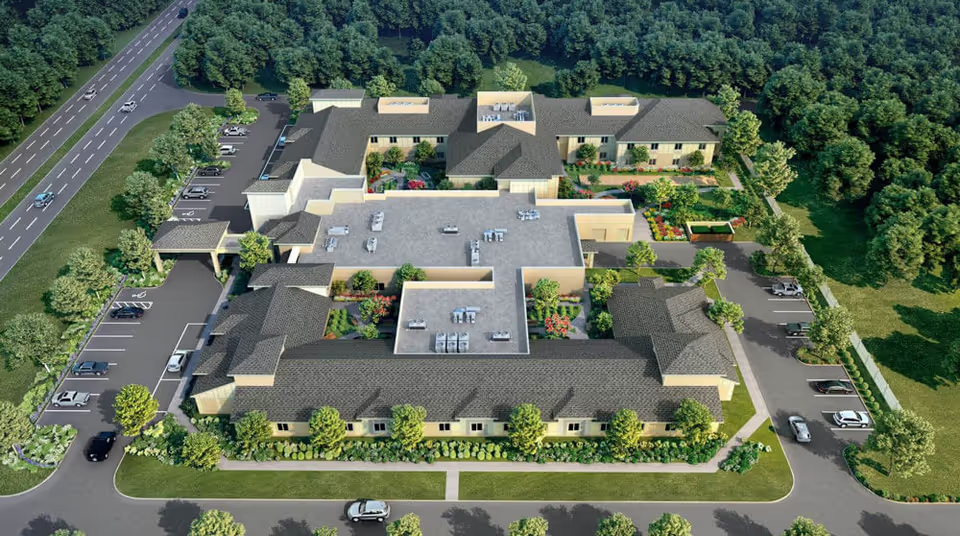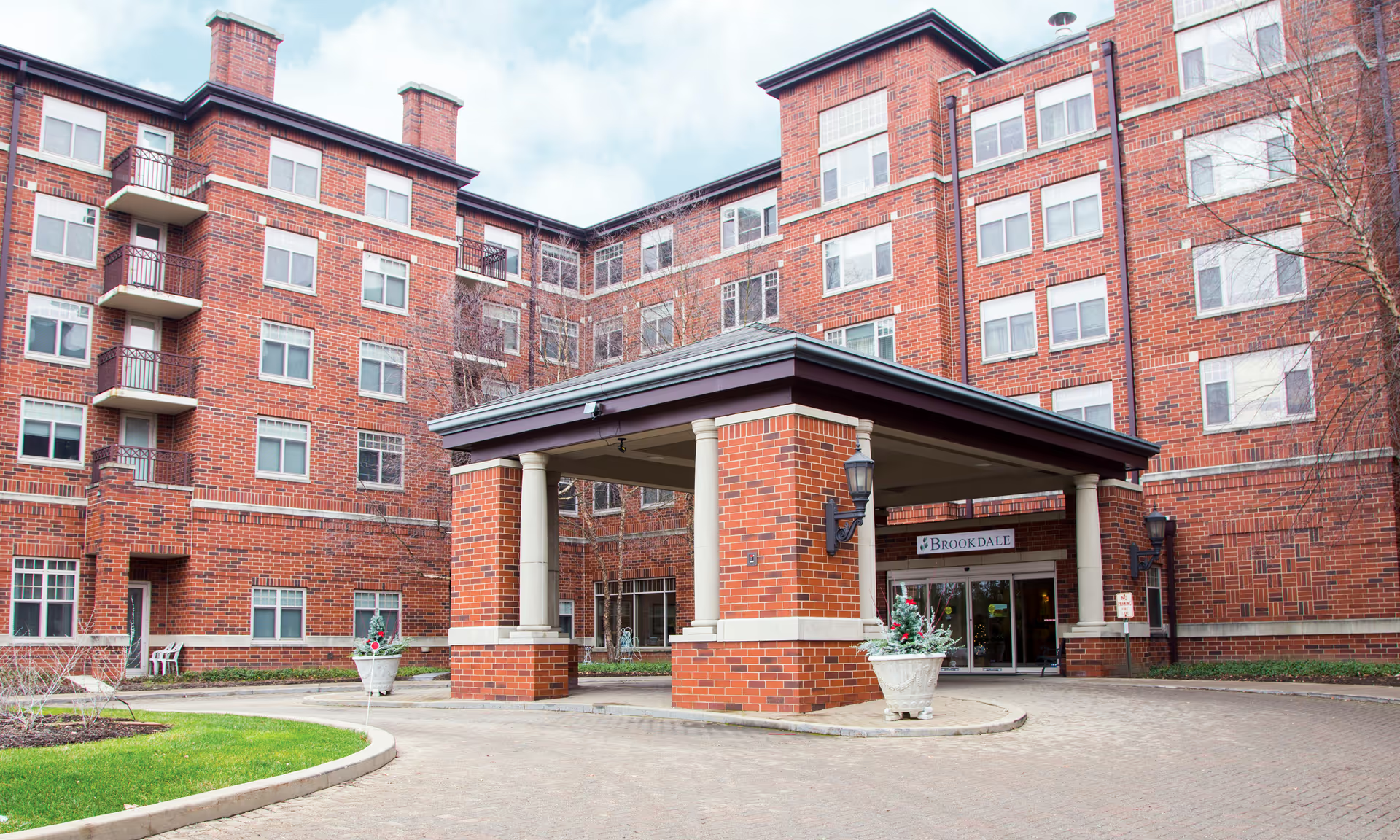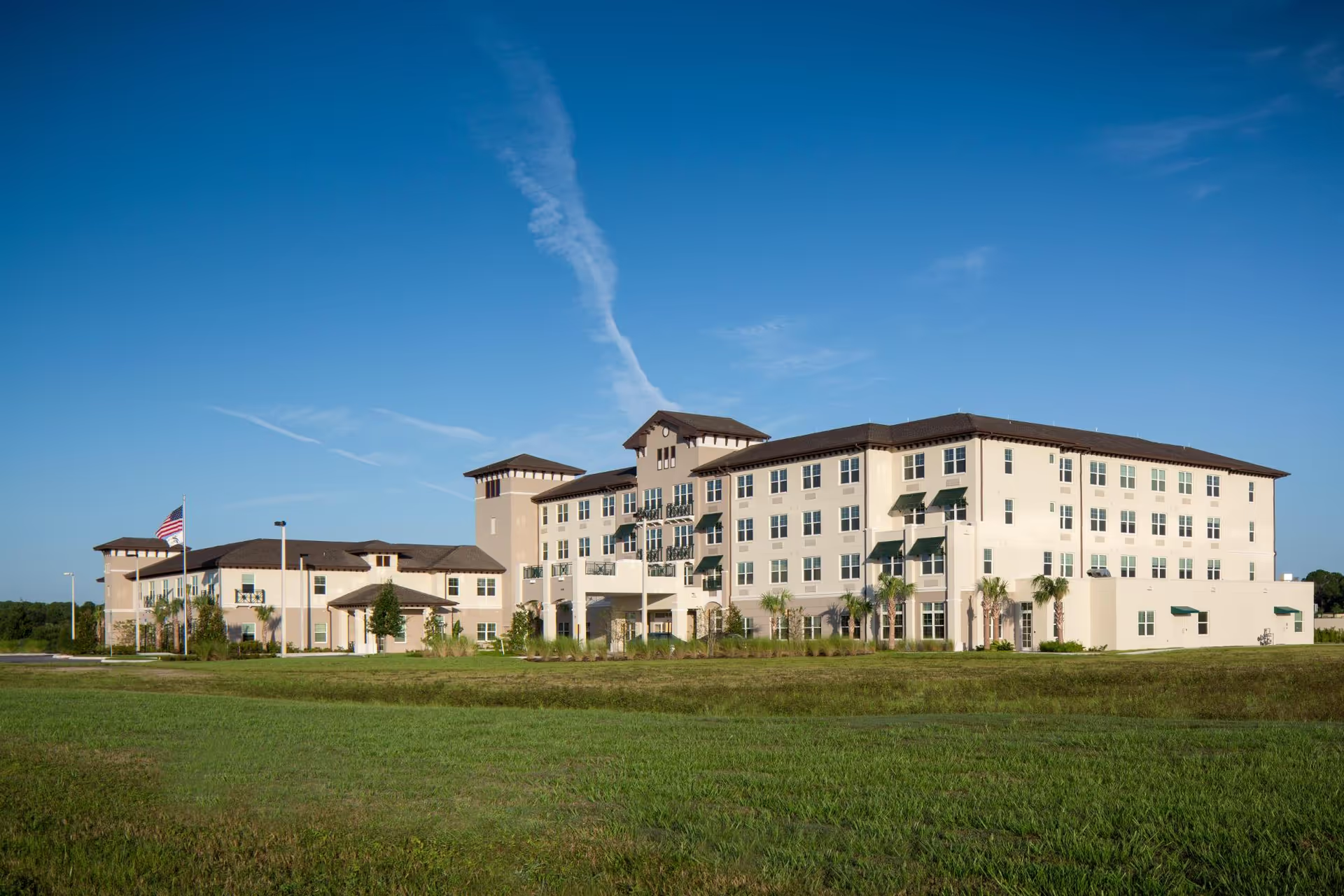Overall sentiment: The reviews for Midlands Health and Rehabilitation Center are highly mixed but trend toward negative when considering facility-wide patterns. A clear and recurring theme is a split between pockets of strong, compassionate individual caregivers and systemic operational, safety, and cleanliness problems. Multiple reviewers emphasize that certain nurses, technicians, therapists, and social work staff are outstanding and have a meaningful positive impact on residents and families. However, these positive accounts coexist with numerous, serious criticisms about neglect, mismanagement, and unsafe or unsanitary conditions that significantly undermine trust in the facility.
Care quality and safety: Several reviews contain alarming, specific allegations about substandard care that raise acute safety concerns. Reported issues include residents being left in their own urine or on bedpans for hours, refusal or delay of basic personal care (no showers, not being turned or assisted), ignored medical emergencies, higher-than-expected infection rates, and explicit mentions of DHEC violations. There are also claims that some staff are unlicensed or inadequately trained yet perform nursing duties, which compounds the safety risk. While some families describe attentive nurses and techs, the prevalence and severity of the negative care incidents reported indicate systemic lapses in oversight and quality assurance.
Staffing, management, and communication: Multiple reviewers call out insufficient staffing—particularly on weekends—and poor management practices. Complaints include unresponsive administration, phones that don’t pick up (sometimes only one cordless phone available for an entire wing), blocked access to scheduling apps, unpaid wages or payroll disputes, and perceived coercive scheduling policies. Communication breakdowns are frequent: families report not being informed about admissions, discharges, or changes in condition; calls go unanswered; and some report abrupt or unprofessional behavior from supervisors. These operational issues appear to exacerbate frontline deficiencies and erode family confidence.
Facilities, housekeeping, and environment: Several reviewers describe the building and rooms as dirty, with urine odors, skipped housekeeping, and unkept rooms. Theft and general uncleanliness are alleged in some accounts, and other reviewers report unattractive or poorly maintained common areas, nonfunctional TVs, and limited or no activities. These environmental deficits negatively affect residents’ dignity, comfort, and recovery prospects and are closely tied to the reports of neglect and infection risk.
Rehab, therapy, and social work: Opinions on rehabilitation services are mixed but noteworthy. Many reviewers praise the physical therapy staff and therapists (often by name) as excellent, responsive, and effective. At the same time, other reviews state there is no on-site rehab support, promised therapy was time-limited or not delivered as expected, and rehab staff were perceived as inactive or unhelpful. Social work personnel receive consistently positive mentions for advocacy and emotional support; multiple reviewers singled out social workers as caring and effective. This contrast suggests that while clinical rehabilitation personnel can provide high-quality therapy, access and consistency of those services are uneven.
Dietary, activities, and resident life: Multiple complaints concern dietary management—food described as unappealing or not nourishing, and individualized diet orders being ignored. Activity programming is criticized as minimal or nonexistent, with reviewers noting a lack of meaningful engagement for residents. These deficits contribute to a perception that the facility does not adequately support holistic recovery or quality of life outside of discrete clinical services.
Professionalism, dignity, and cultural concerns: Beyond clinical care, some reviews cite deeply troubling behavioral issues: rude or unprofessional staff, instances of mental or verbal abuse, privacy intrusions (e.g., nocturnal door knocking), and a reported incident involving racial language or stereotypes. Such reports raise concerns about residents’ dignity and emotional safety and point to cultural or supervisory failures in enforcing respectful conduct.
Patterns and recommendations: The pattern across reviews suggests a facility with capable and compassionate individual employees who sometimes do excellent work, particularly in therapy and social work, but one that suffers from organizational, staffing, hygiene, and oversight failures affecting many residents. Families considering Midlands should perform careful due diligence: visit in person during different shifts (including weekends), observe staffing levels and cleanliness, ask about licensure and staff training, request recent inspection/DHEC reports and infection data, confirm on-site rehab availability and expected therapy schedules, clarify communication protocols for families, and verify payroll/scheduling practices if seeking employment. Given the reported variability, family advocacy and ongoing oversight appear necessary to obtain consistent, safe care.
Conclusion: Midlands Health and Rehabilitation Center presents a mixed picture—significant strengths in individual staff members and therapy teams are undermined by systemic issues in management, staffing, cleanliness, safety, and communication. The most consistent advice from these reviews is to approach with caution, verify current conditions directly, and seek assurances and documentation on staffing ratios, licensure, infection control, and complaint resolution processes before entrusting a loved one to long-term care at the facility.







